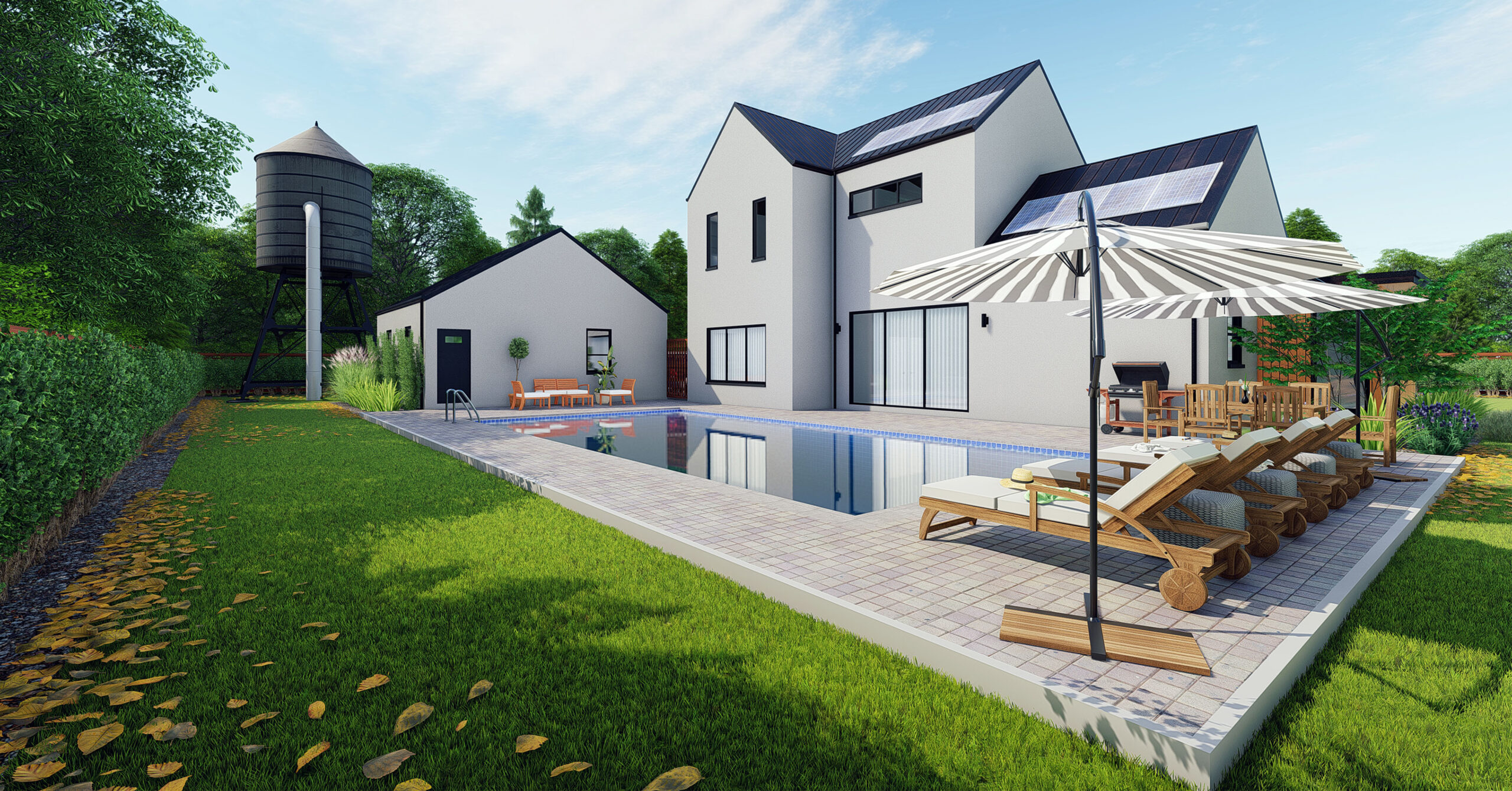Looking to buy a new home but unsure of your exact relocation plans? As you begin your search, you’ll discover that prices vary widely from one location to the next. It can be quite distinct from just one neighborhood over.
Let’s first examine the history of this adage, “location, location, and location”. These are the three most crucial considerations when purchasing a property. Most people base their decision to buy a property on how much they like the home. But when you do, you also acquire a piece of land. So, what is a “good” location? Here are a few important factors to think about when evaluating a home’s location.
The Importance of Location in Real Estate
According to the Zillow Home Value Index, the average cost of a middle-class home in the U.S. in March 2023 was $334,269. However, you may encounter significantly higher or lower prices in some places. Yet why? This means that the influencing factor of a property’s value is by location. It’s a matter of supply and demand: The number of houses in popular areas limits the housing supply.
Of course, what defines a good location will vary from person to person. However, there are also external factors that affect a home’s worth. You might not be able to purchase a home with all of these factors. It all depends on your individual needs and preferences. And that’s all right. After all, a house is much more than just an investment.
5 Location-Related Factors
1. Centrality
Undoubtedly, when you choose to live in a city or town, this will impact your housing costs. According to the U.S. Census Bureau, population growth is typically the cause of urban sprawl. The outlying areas of sprawling cities experience the most severe drops in property value. This situation is one way geography affects the basic economic principle of supply and demand.
2. Neighborhoods
The areas that you find appealing will largely depend on your personal preferences. A great neighborhood will, however, share a few essential characteristics. These include amenities, accessibility, and appearance. Your neighborhood may also determine the size of the lot on your house.
3. Development
Future amenities are just as important as those that are accessible now. You have to consider the plans for new civic infrastructure. Examples of these are public transportation, schools, hospitals, and other facilities. These factors can significantly raise local property values.
4. Location of the Lot
The location of the house must also be considered. You may be able to purchase the home you want to buy for less money if it’s right on a busy street or close to a highway. However, it will also be more challenging to sell in the future.
5. The House You Buy
Property like your house loses value over time. However, the lot’s worth in relation to the house will remain the same. A wider lot would fetch more money. A bigger, better-shaped, or better-located lot is therefore preferable to a nicer house. You cannot change a lot. But you can always modernize and expand a house.
The Bottom Line
It’s up to you to decide where to build your next house. Along with your needs and wants, you must take note of your finances, the state of the market, and other factors. It could be rewarding once you locate the ideal residence in the ideal location for the best cost, even though it can be a time-consuming process. You can simplify the procedure by working with a trustworthy local expert.
What To Do:
Did you find this read interesting? Need expert and white glove advice? Get in touch for local and professional real estate advice in your neighborhood. Fill in the form above to speak with a real estate professional that specializes in this topic and more!
